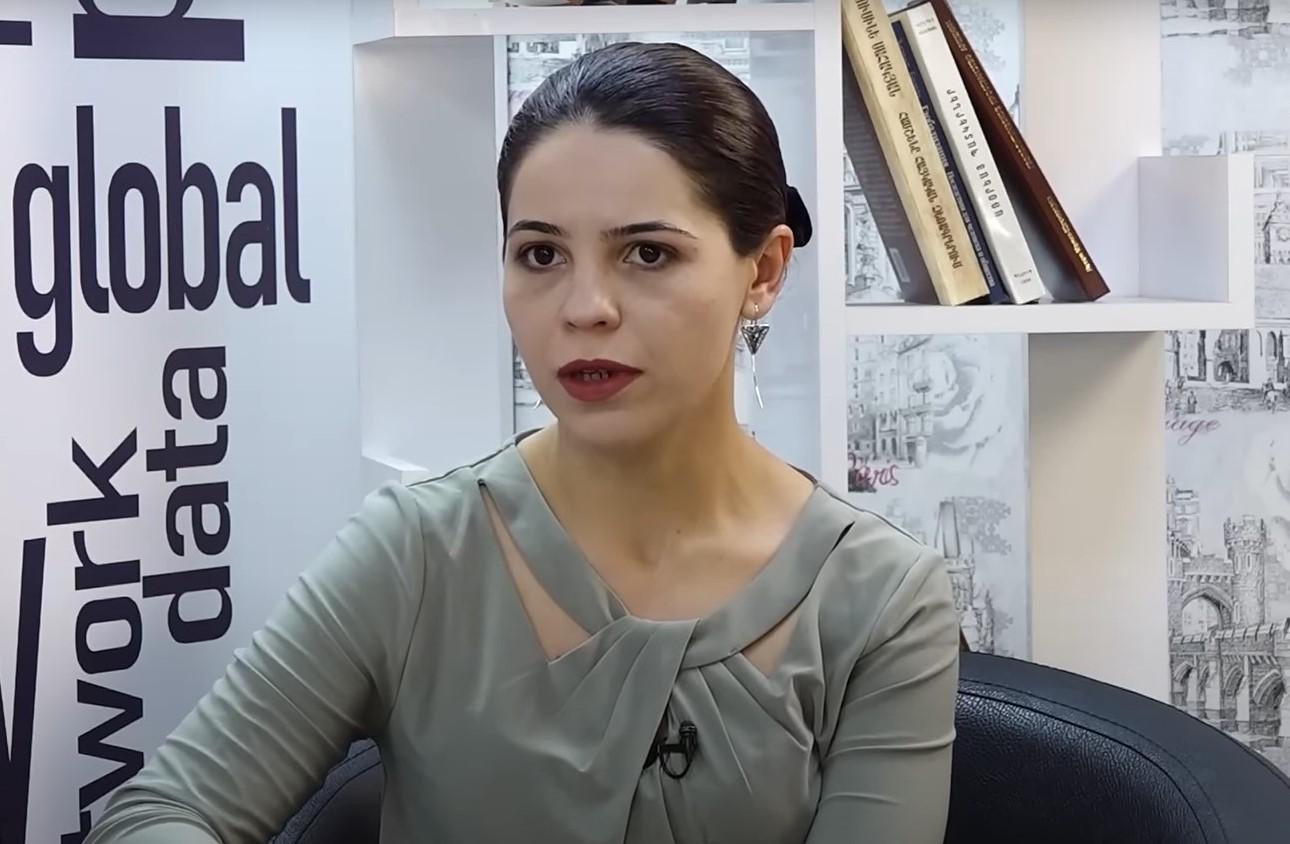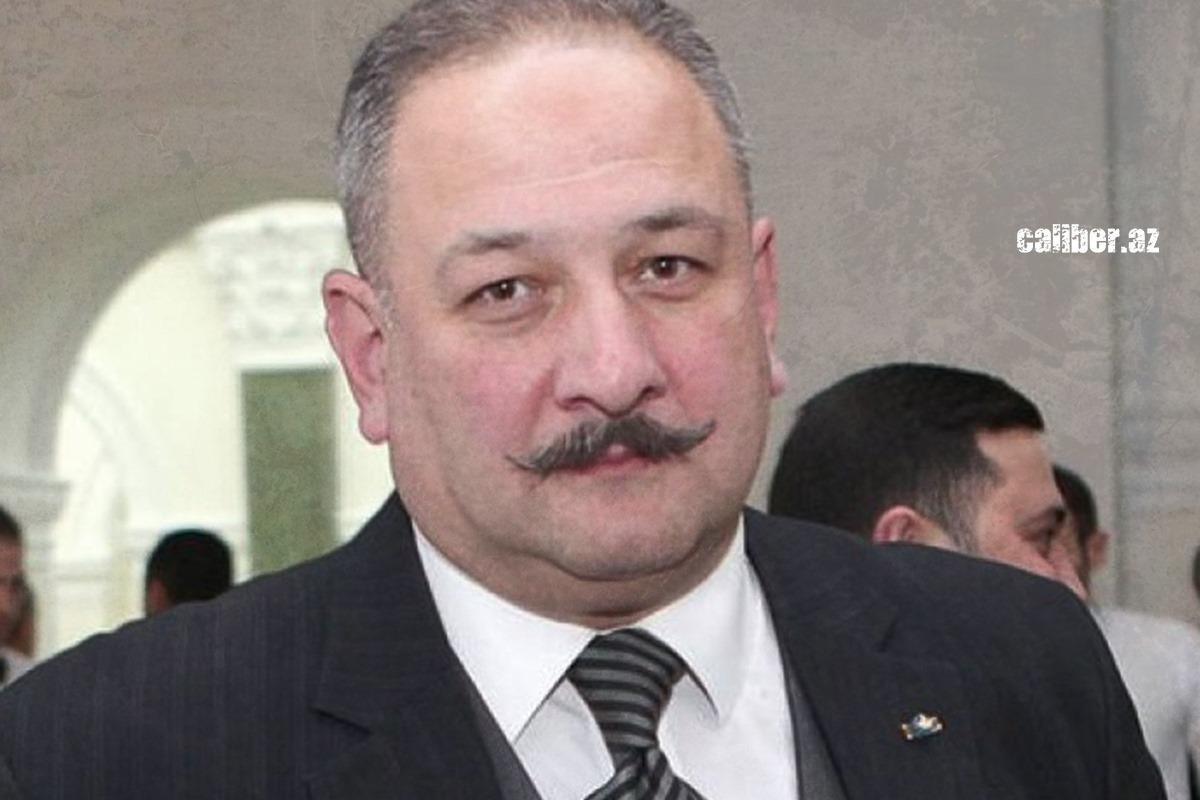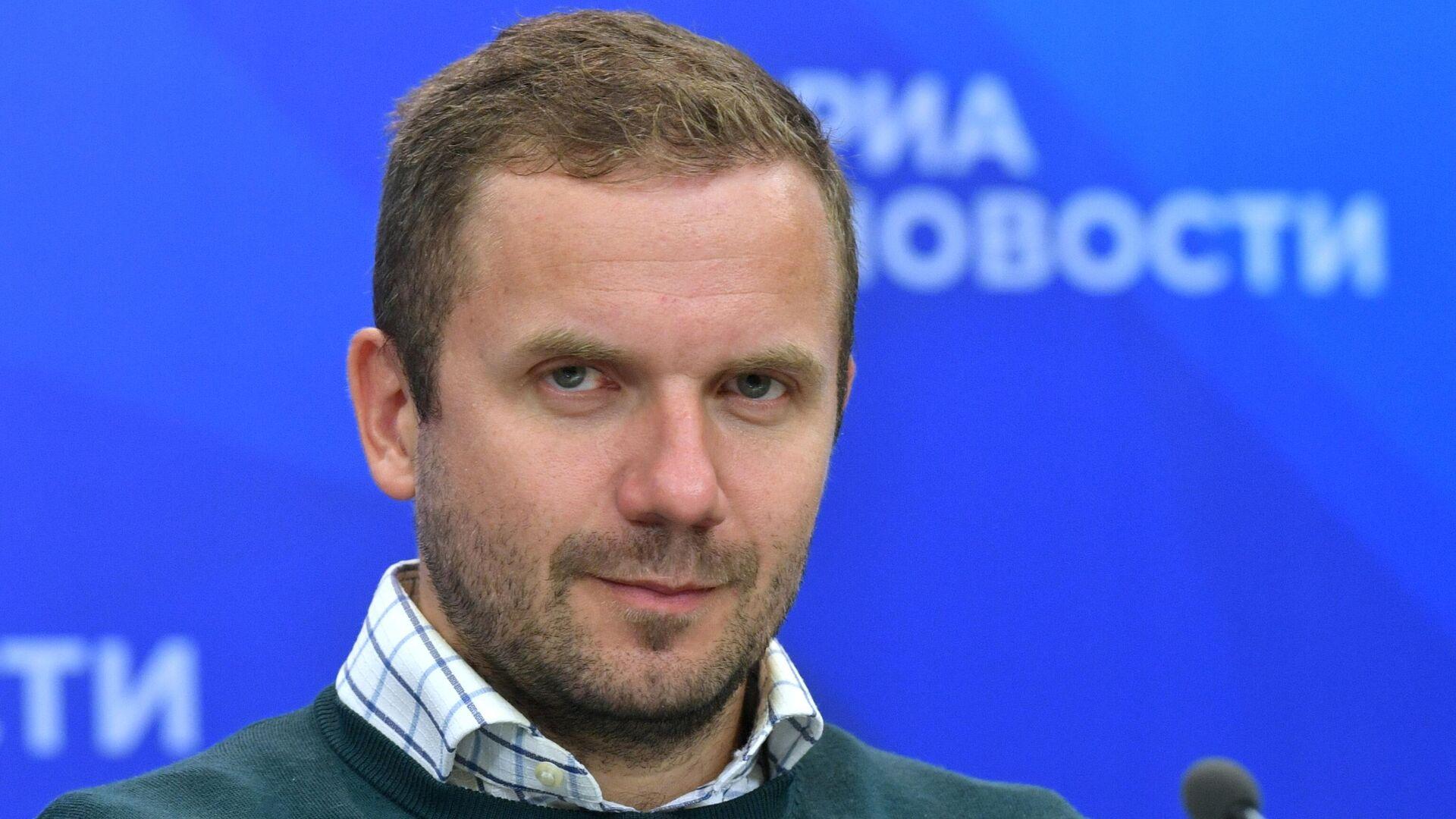Armenia scares world with risk of another war with Azerbaijan Expert opinions on Caliber.Az
An Armenian expert on Azerbaijani studies, Tatevik Hayrapetyan, has recently told Russian media that currently, Azerbaijan is not interested in concluding a peace treaty with Armenia, as she shared her forecast on the possibility of signing an agreement between Yerevan and Baku this year.
According to Hayrapetyan, Baku sees that delaying the conclusion of a peace treaty, when the situation "on the ground" is constantly changing, allows it to set its own conditions to Yerevan. She claims that Yerevan fails to achieve even minimal conditions related to territorial integrity and inviolability of borders. Moreover, according to her, "Azerbaijan in its desire to solve the problem of Zangazur corridor by military means did not go for it solely out of fear of possible reaction from Iran, which had previously repeatedly issued warnings to Baku". Then she returns to "the possibility of resumption of military actions by Baku against Armenia".

The negotiation process itself indicates that there is a danger of a resumption of hostilities. If we keep in mind that Armenian Prime Minister Nikol Pashinyan recognized many vital territories of Armenia as part of the territory of Azerbaijan, then we should expect that Baku will go to the end in order to achieve its goal, and this opportunity was opened for him by the head of the Armenian government himself, without receiving absolutely nothing for the Republic of Armenia. In reality, the risk of a resumption of hostilities is indeed very high. To prevent such a development, it is necessary to carry out very smart diplomatic work in order to prevent the Karabakh scenario, which occurred, among other things, thanks to some international consensus. And this suggests that the Armenian side is not conducting any diplomatic work to exclude this consensus,"Hayrapetyan concluded.
One thing is clear - the more experts like Hayrapetyan are in Armenia, who do not allow themselves even for a second to allow the idea that Azerbaijan is capable of peaceful coexistence with Armenia, the worse the prospects for the peace process between the two countries will be, not to mention the expectations of a peace agreement soon. How can these strange moods in Armenian society be overcome? After all, they are also fueled by political analysts like Hayrapetyan. And there are a lot of them. They speak in the media on a daily basis. Do their actions meet the national interests of Armenia itself?
Prominent foreign experts shared their opinion on this topic with Caliber.Az.

The head of the Academy of International Relations, Director General of the Foundation for the Development of Georgian-Azerbaijani Relations, Simon Kopadze, first said that he had no idea in which area Hayrapetyan is considered an expert.
"But when assessing the realities that exist now between Baku and Yerevan (when "Artsakh" announced its self-dissolution), to say that Azerbaijan acted as an "aggressor" at any of the moments is nonsense at all. It is not clear what kind of aggression we can talk about, because the right of states to territorial integrity has not been abolished and the world law considers that de-occupation of the ancestral territories of Azerbaijan took place. It was an act of liberation. And no self-respecting media in the world has allowed itself to say that Azerbaijan violated anything, neither human rights nor the Vienna (Geneva-ed.) Convention on Prisoners of War. If there was even one such confirmed case, the whole world would have howled. That is, there has not been a single fact that anyone in any way infringed on the rights of Karabakh Armenians even at the moment when they decided to leave the territory of Azerbaijan," the Georgian analyst noted.
So it is very difficult to understand what Tatevik Hayrapetyan is using in his calculations, Kopadze noted.
"It is very difficult to comment on the conclusions of such pseudo-experts. Because Azerbaijan unambiguously needs peace and is interested in continuing peace talks. Baku wants to settle the issue of borders with Armenia, to achieve mutual recognition of territorial integrity. This is also in Armenia's interests. It is not excluded that Hayrapetyan works for external forces not interested in achieving real peace between the two neighboring countries," Kopadze added.

Stanislav Pritchin, a PhD candidate in the history of science and a Senior Research Fellow at the Centre for post-Soviet Studies IMEMO RAS (Moscow), noted in his turn that the situation with the negotiation process is quite interesting now.
"On the one hand, we see that mediators are unequally acceptable to the parties. That is, the European Union is disappearing as a format altogether, because Charles Michel is leaving, and he is the only person who had a more or less balanced foreign position. Azerbaijan has certain questions regarding the US. As for the Russian Federation, Armenia is not ready to join such a format. Therefore, there is actually only one way left now - direct negotiations between Baku and Yerevan," Pritchin stated.
“Direct bilateral negotiations are maximally effective, because none of the external actors are involved and do not promote their interests, but at the same time it is more difficult to reach an agreement, because there is again no external actor who would try to smooth out some sharp corners and find some more compromise options that are not visible in the bilateral format,” Pritchin added.
"Well, despite the fact that in general the number of issues to be agreed upon has decreased (the Karabakh case has ceased to be part of the negotiation process), there are still a number of points on which there are difficulties. These are the same enclaves, the same border, the same regime of crossing Armenian territory within the Zangazur corridor. Therefore, even though, in principle, there is nowhere to retreat and it is necessary to sign a peace treaty to open the borders, there are still a number of pitfalls that do not allow us to expect that this will be an easy way and quickly resolve the issue of settlement of the pressing agenda of normalization of Armenia-Azerbaijan relations. That is, the point here is not even that the Armenian society is not ready for peace, but that there is a whole set of issues that need to be addressed and which are very sensitive for all sides," Pritchin concluded.








